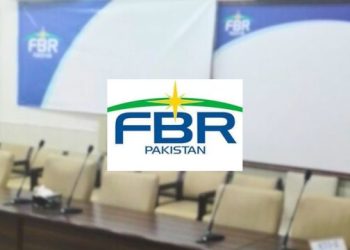KARACHI: The Sindh Education Department has clarified news reports about a dress code in schools. They said no ban has been placed on any type of clothing.
The department explained that the code of conduct issued for teachers should be seen as guidelines, not strict orders. They added that reports on TV channels about bans on female teachers’ makeup or clothing are not true. The department has advised female teachers that no restrictions have been imposed.
The statement also noted that the code of conduct was made after discussions with teacher groups, lawyers, and civil society. Meetings were held with all involved parties to prepare it.
The Education Department said the word “ban” is not used anywhere in the code of conduct. However, some advice on dress and care has been given to teachers.
The code was created to support a good learning environment, use of resources, and help teachers provide quality education. Teachers are seen as builders of children’s futures, guiding them socially and mentally.
ALSO READ | Sindh declares Shab-e-Qadr 27th Ramadan 2025 schools holiday, notification issued
The department also said that the use of gutka, mawa, chhalia, and cigarettes is not allowed in schools.
Earlier, media reports had claimed that the Sindh Education Department banned male teachers from wearing T-shirts and jeans in government schools. It was also said that female teachers were told not to wear heavy makeup, excessive jewelry, or high heels when coming to school.
On another hand, Sindh government has decided to set up book banks in all private schools. Additional Director of Registration Rafia Mallah has sent letters to private schools for this purpose.
ALSO READ | Sindh approves grace marks for first-year intermediate students in Karachi
In the letter, Rafia Mallah told private schools that the Sindh government is working to address challenges in education under the principle of “Education for All.” The goal is to ensure equal learning opportunities for all children and youth, meeting their educational needs, especially for deserving and underprivileged students.
She added that the School Education and Literacy Department has taken several steps, recognizing the financial difficulties faced by many families. These steps include providing free textbooks and setting up book banks in all public sector schools across Sindh.














